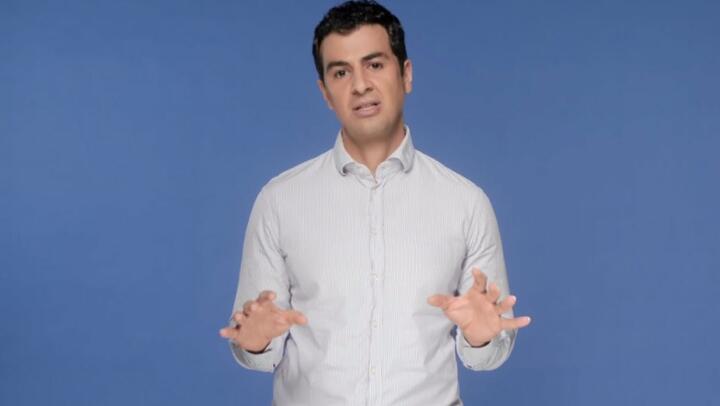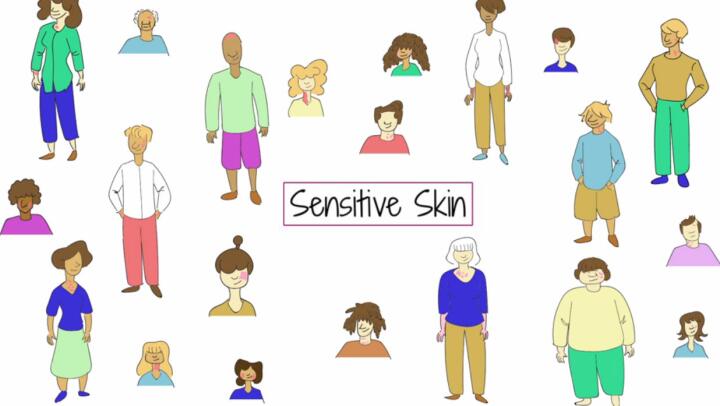What is Reye’s syndrome?
Reye’s syndrome—or Reye syndrome—is a serious illness that can strike anyone of any age. However, it most commonly affects children and teenagers. It can involve any organ system, but Reye’s syndrome causes critical damage to the brain and liver. In the brain, it causes dangerous swelling, which increases pressure in the brain. In the liver, it causes an enormous accumulation of fat. Organ failure and death can result in days or even hours.
Reye’s syndrome almost always occurs after a viral infection, such as the flu or chickenpox. However, the exact cause of the illness is unclear. While the viral infection is contagious, Reye’s syndrome itself is not.
The main risk factor for Reye’s syndrome is using aspirin during a viral infection. Thankfully, the illness is rare today due to successful campaigns about getting Reye’s syndrome from aspirin. Now, doctors make sure people know not to use aspirin in children and teenagers with possible viral infections.
Reye’s syndrome symptoms typically start during recovery from a viral infection. But their onset can be as early as 3 to 5 days after the start of the infection. Symptoms tend to start suddenly. Common symptoms include vomiting, confusion, disorientation, irritability, seizures, and loss of consciousness. Symptoms consistent with Reye’s syndrome require emergency medical treatment. Seek immediate medical care (call 911) if you suspect a child or teenager has Reye’s syndrome.
Unfortunately, there is no cure for Reye’s syndrome. Treatment is supportive with the goal of preventing complications. The earlier treatment starts, the higher the chance of surviving the illness. With early diagnosis, most children recover. Depending on the severity of the illness, it is possible to fully recover. However, some children will have some level of permanent brain damage. Left untreated, Reye’s syndrome is fatal.
What are the symptoms of Reye’s syndrome?
Reye’s syndrome symptoms usually appear after a viral illness, during recovery. However, they can begin within 3 to 5 days after the viral infection starts. They can also start as late as two weeks after the infection. Symptoms typically begin suddenly.
Common symptoms of Reye’s syndrome
Vomiting, which can persist for hours, is often the first symptom of Reye’s syndrome. The typical picture is a child who is improving after a viral illness, but abruptly worsens and begins vomiting. Then, other common symptoms of Reye’s syndrome begin including:
- Confusion, disorientation or delirium
- Irritability, aggressiveness, combativeness, or other behavioral or personality changes
- Listlessness, lethargy, or extreme sleepiness
- Loss of consciousness or coma
- Seizures or convulsions
Reye’s syndrome is life threatening. Seek immediate medical care (call 911) if your child has symptoms consistent with Reye’s syndrome, especially during or right after a viral illness. Acting quickly could save your child’s life.
It’s easy to misdiagnose Reye’s syndrome. It can be mistaken for meningitis, encephalitis, diabetes, drug overdose, or several other more common conditions. If your child suddenly begins vomiting or exhibiting unusual behavior with or after a viral illness, ask your doctor if Reye’s syndrome could be a possibility. Most children will not have Reye’s syndrome, but it is worth considering it. Early diagnosis and treatment offers the best chance for recovery.
What causes Reye’s syndrome?
Doctors and researchers do not know the exact cause of Reye’s syndrome. It is almost always linked to aspirin use during a viral infection, particularly influenza (flu) and chickenpox. The reason for this is unclear. However, researchers believe the infection may trigger or uncover abnormalities in cellular metabolism. This belief comes from similarities between symptoms in children with genetic metabolism disorders and Reye’s syndrome. These metabolic disorders include urea cycle disorders, organic acidurias, and fatty acid oxidation disorders. Research in this area is ongoing.
What are the risk factors for Reye’s syndrome?
Reye’s syndrome is most common in children and teenagers between the ages of 4 and 14. However, it can affect people of any age, from infants to adults. It has a very strong link to aspirin use during a viral infection. This is the single greatest risk factor for developing Reye’s syndrome. Children with metabolic disorders, particularly fatty acid oxidation disorders, likely have an increased risk as well.
Reducing your risk of Reye’s syndrome
Reye’s syndrome is highly preventable by avoiding aspirin in anyone under the age of 19 when they have a fever or potential viral illness. The incidence of Reye’s syndrome has dropped dramatically since doctors started warning about the risk of aspirin in this age group.
Even though aspirin is approved for use in children and teens, never use it when a fever or viral symptoms occur. Instead, use acetaminophen (Tylenol) or ibuprofen (Advil, Motrin). Always talk with your doctor first before giving aspirin to children or teens.
Be sure to check medication and herbal supplement labels for aspirin or aspirin-like ingredients. Names for these ingredients include aspirin, acetylsalicylate, acetylsalicylic acid, salicylate, and salicylic acid. Products that could contain them include pain relievers, headache and migraine medicines, sinus medicines, Alka-Seltzer, Kaopectate, Pepto-Bismol, and oil of wintergreen. Double check labels to be sure and ask your doctor or pharmacist when in doubt.
Many hospitals screen newborns for genetic metabolic disorders. Children who have them should never receive aspirin or aspirin-like ingredients.
How is Reye’s syndrome treated?
There is no cure for Reye’s syndrome. Treatment requires hospitalization, sometimes in an ICU (intensive care unit). Treatment is supportive, meaning it aims to prevent complications. Reye’s syndrome treatment may include:
- Administering steroids and diuretics to reduce swelling in the brain
- Giving IV (intravenous) fluids with electrolytes and glucose
- Maintaining body temperature with cooling blankets
- Monitoring heart rate, breathing, blood pressure, pressure in the brain, and blood chemistry
- Preventing or reversing bleeding due to liver problems
- Supporting breathing with mechanical ventilation
What are the potential complications of Reye’s syndrome?
Without treatment, Reye’s syndrome is fatal within a few days. It’s vital to act quickly if you think your child could possibly have Reye’s syndrome. Diagnosing and treating it early increases the chance of a complete recovery. When treatment is delayed, children are less likely to fully recover.
Most children survive and recover from Reye’s syndrome. Recovery depends on the severity of brain swelling. It is possible to have a mild case and recover without complications. As severity increases, it becomes more likely to suffer some degree of permanent brain damage. The prognosis is poorest when the illness progresses rapidly to a coma.


















